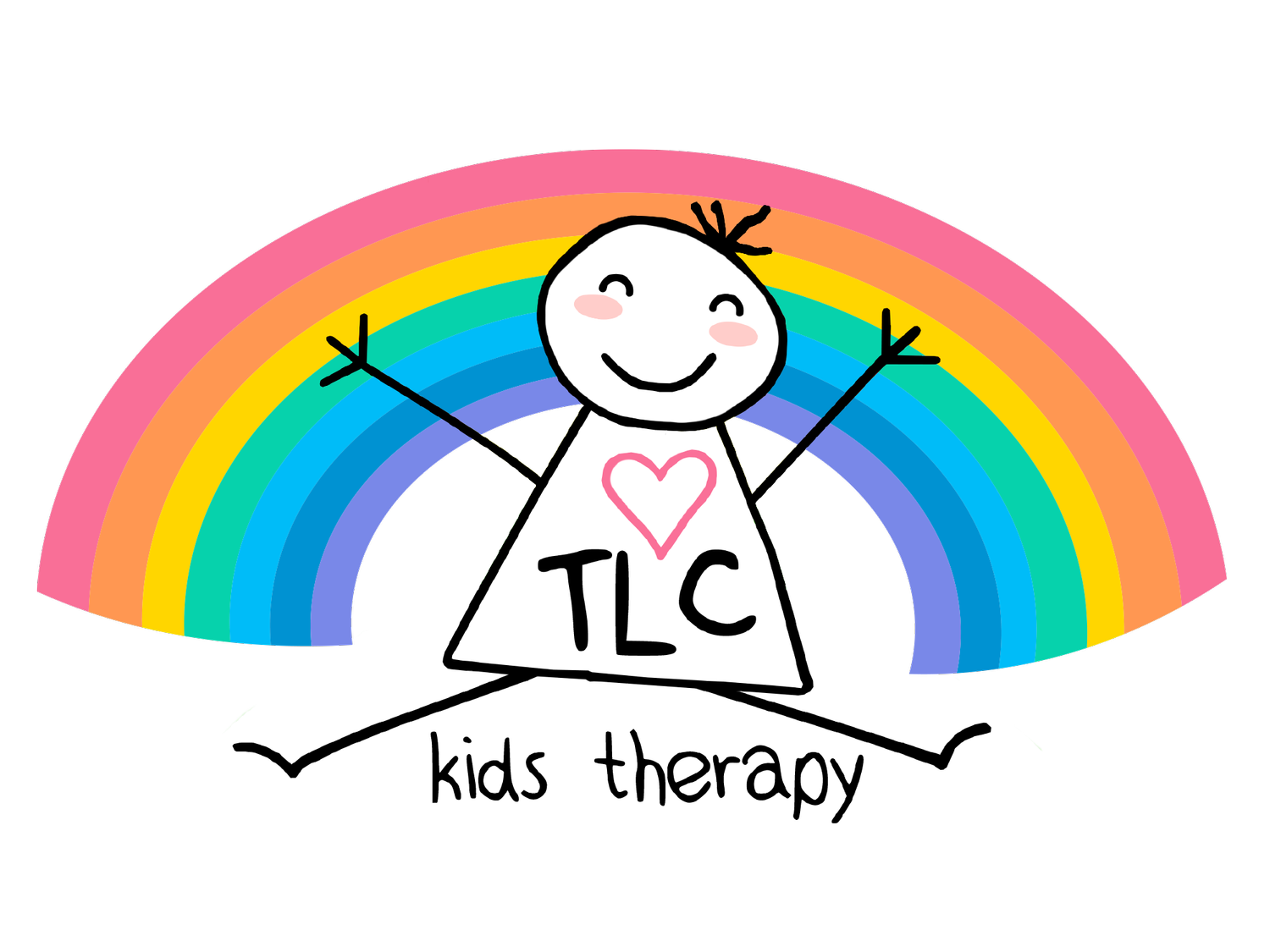Occupational Therapy
FAQs
-
Yes we are! We have several therapists who speak Spanish/English or Arabic/English.
-
Occupational Therapy (OT) is a diverse field of work where professionals help individuals become as independent as possible. This can be anything from Activities of Daily Living (ADLs) such as dressing, bathing, feeding, and toileting to social skills, play skills, attention, executive functioning skills, regulation, and motor coordination/control. OTs work in a variety of setting, such as outpatient clinics, hospitals, and in the home. Whether a person is affected by a major injury or is born with different abilities, we are here to help.
-
Fine Motor: Difficulties with holding a pencil, coloring/completing homework, using fasteners, tying shoes, or stringing beads.
Gross Motor: Inability to catch/throw a ball, run, jump, is clumsy/trips easily, difficulty with balance, timing/speed, or coordination.
Sensory Processing: Hypo/Hypersensitivity to stimuli affects interactions with others and their environment. Sensory Processing Disorders often look like: irrational fear of movement/heights, never able to get enough movement, constantly puts things in mouth, avoids/constantly wants to touch things, poor body awareness, picky eater, sensitive to smell, easily overwhelmed in busy/loud environments (i.e. birthday parties), or does not always respond when spoken to.
Behavioral Skills: Difficulty taking turns in games or with toys, emotional outbursts, hitting, kicking, or biting.
Activities of Daily Living: Difficulty with eating or daily routines (getting dressed/undressed, bathing, grooming, using the restroom, etc).
Cognition: Difficulty with executive functioning including problem solving, organization, planning, or attention.
-
Floor Time/Play: Play is important for children to learn new skills needed for higher level learning. Through child-directed play, OTs assist with learning important skills such as sharing, taking turns, engagement, patience, frustration tolerance, and self-calming techniques.
Reflex Integration: Residual reflexes can lead to difficulties with potty training, coordination, communication, posture, attention, and much more.
Sensory Processing: The sense include sight, sound, smell, taste, touch, vestibular, and proprioception. Senses work together to give an accurate picture of who you are, where you are, and what is happening around you.
Feeding: Sensory and/or motor difficulties can cause someone to be a picky eater. OTs assess the child’s needs and help them expand their palate through food exploration and/or increased motor control.
Craniosacral: The use of specialized manual techniques to help balance fluid found between the brain and spinal cord. A good balance helps support the immune system and calms the body.
-

